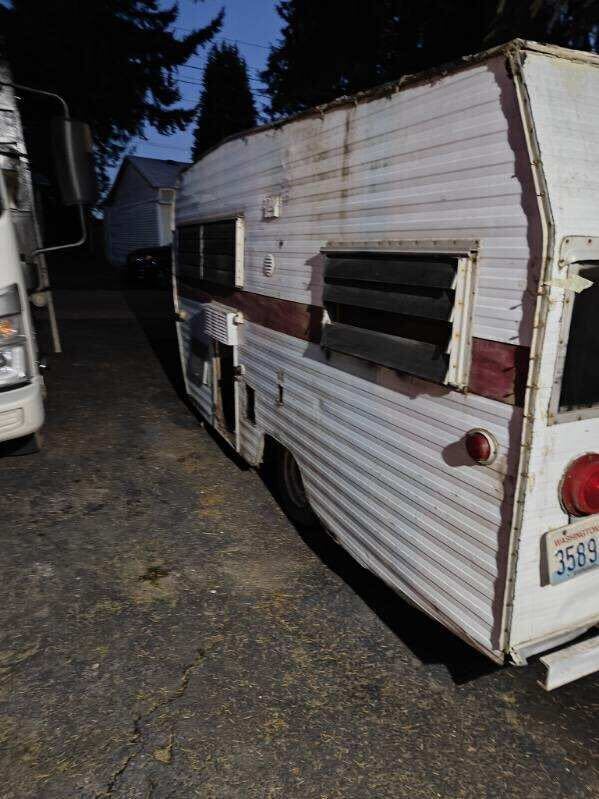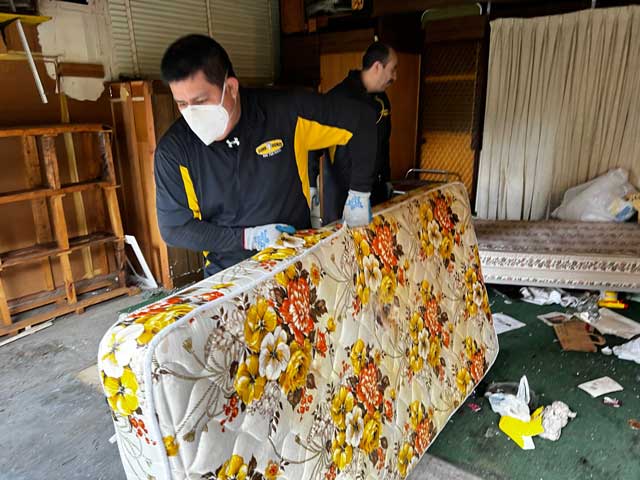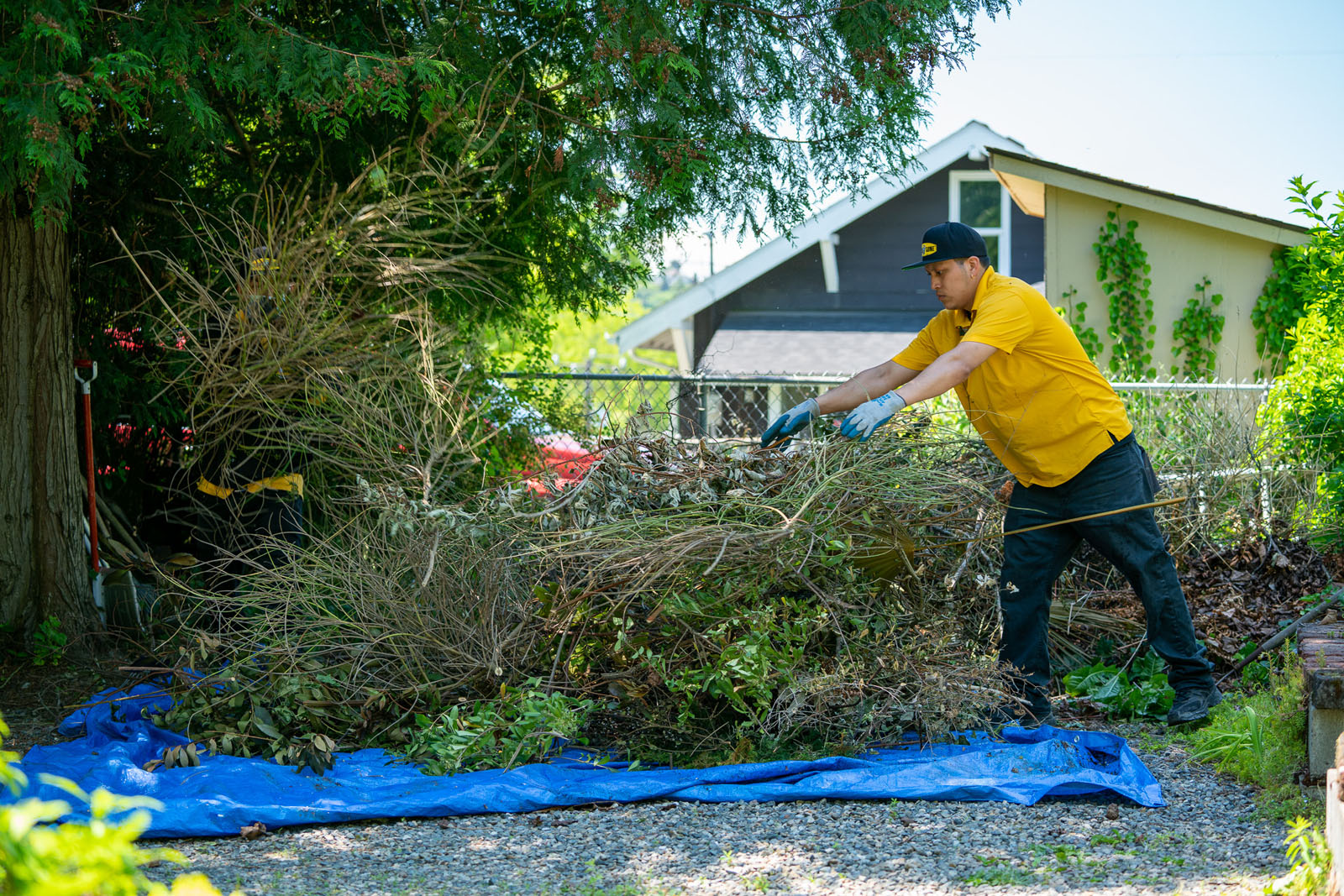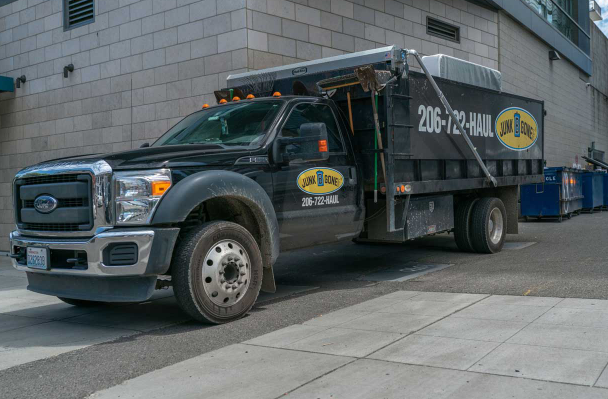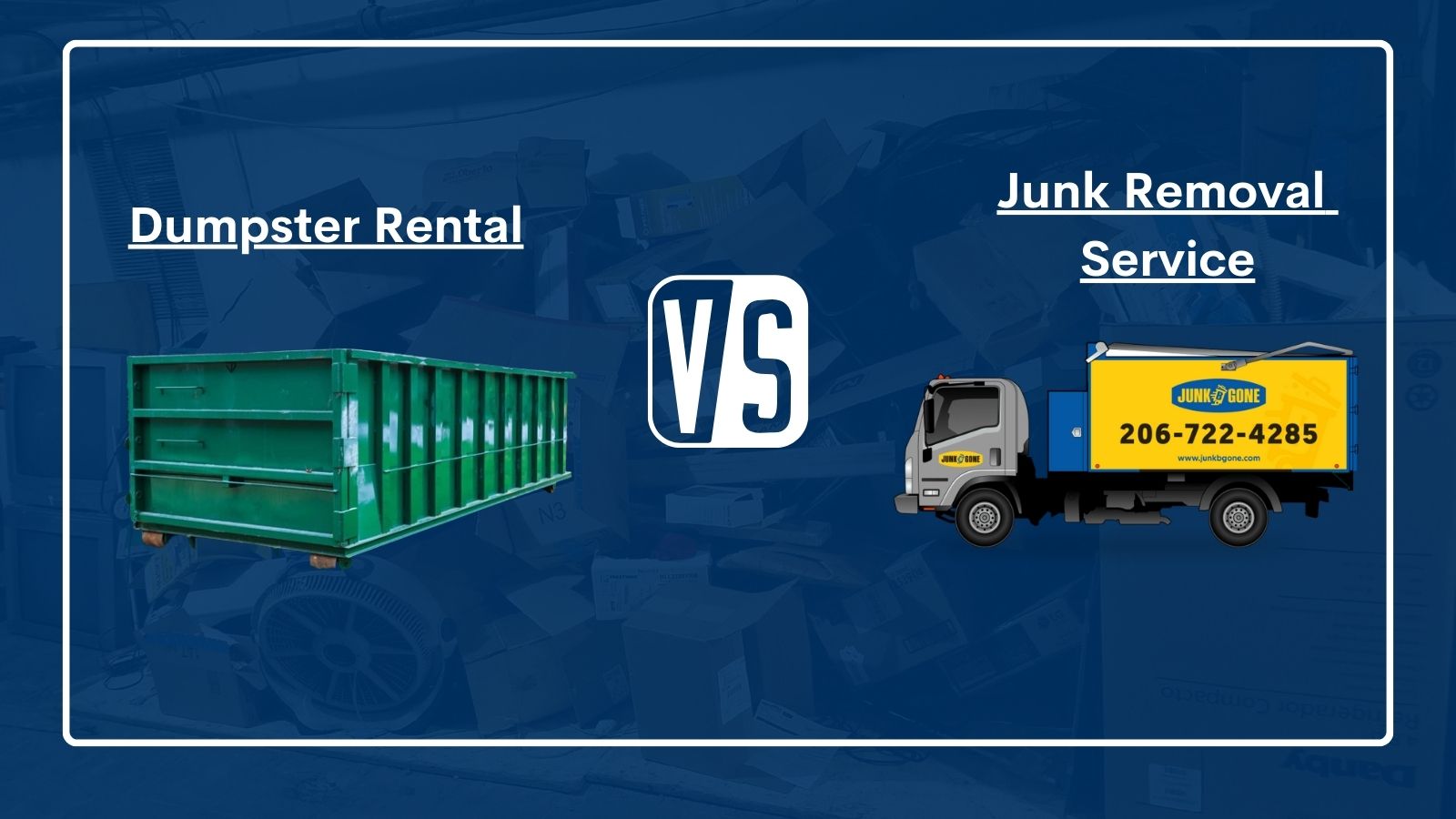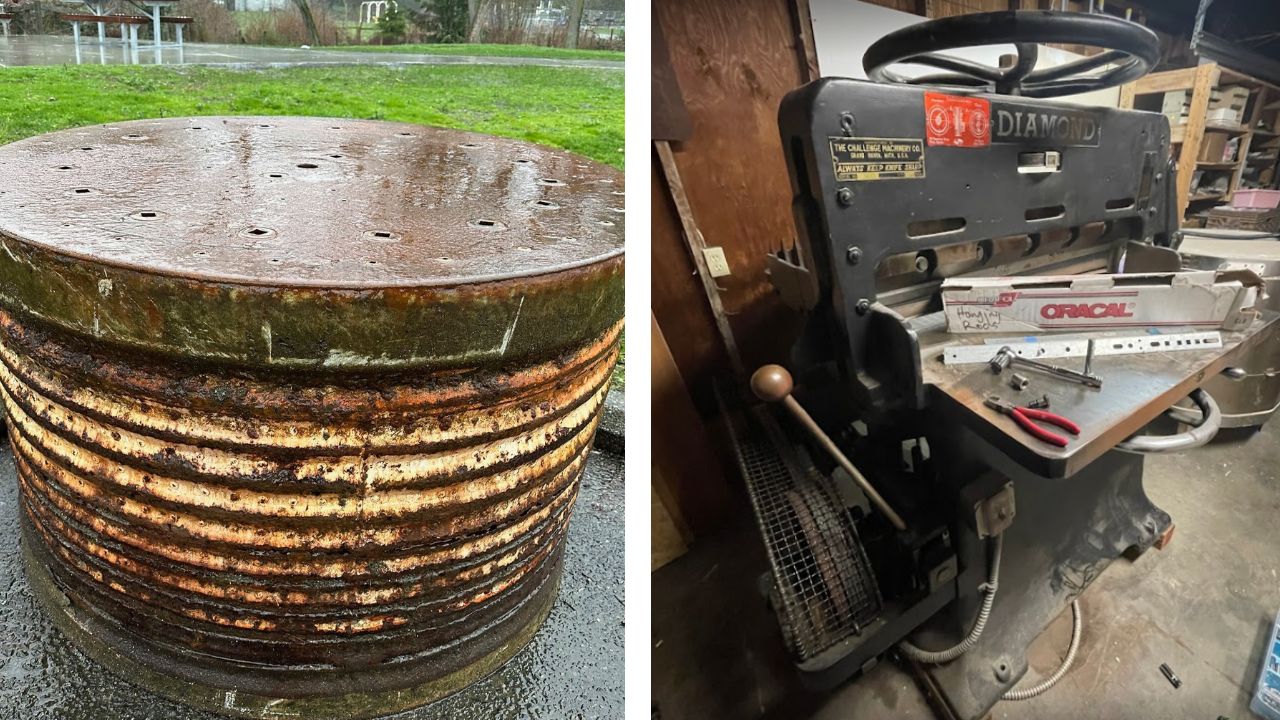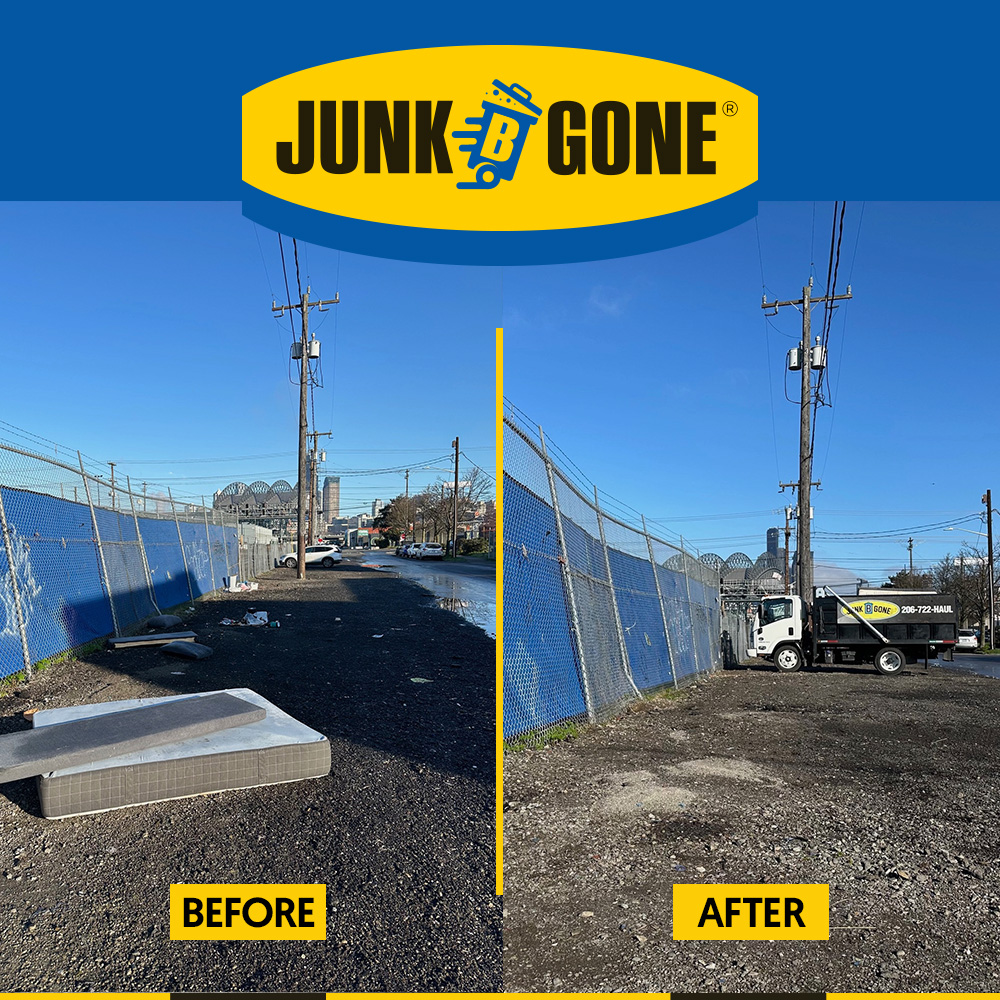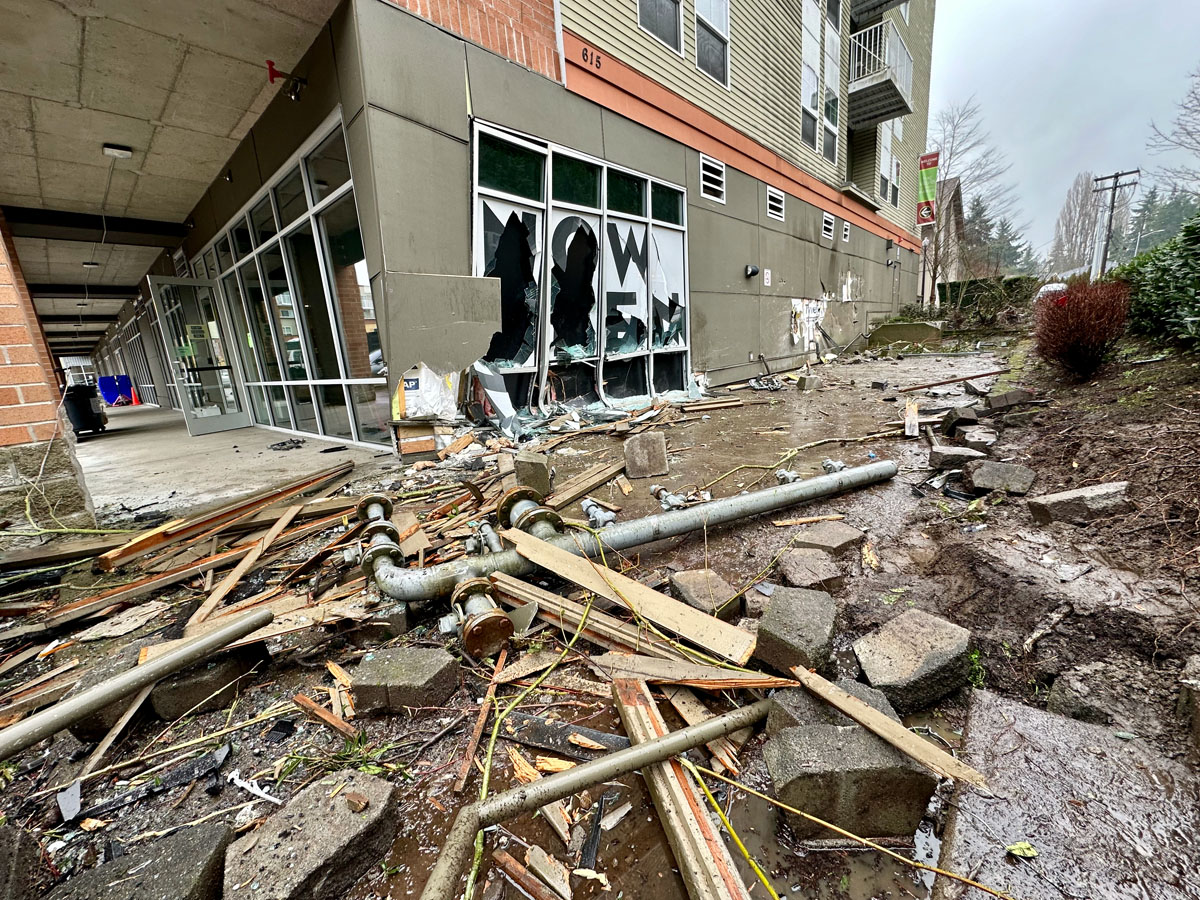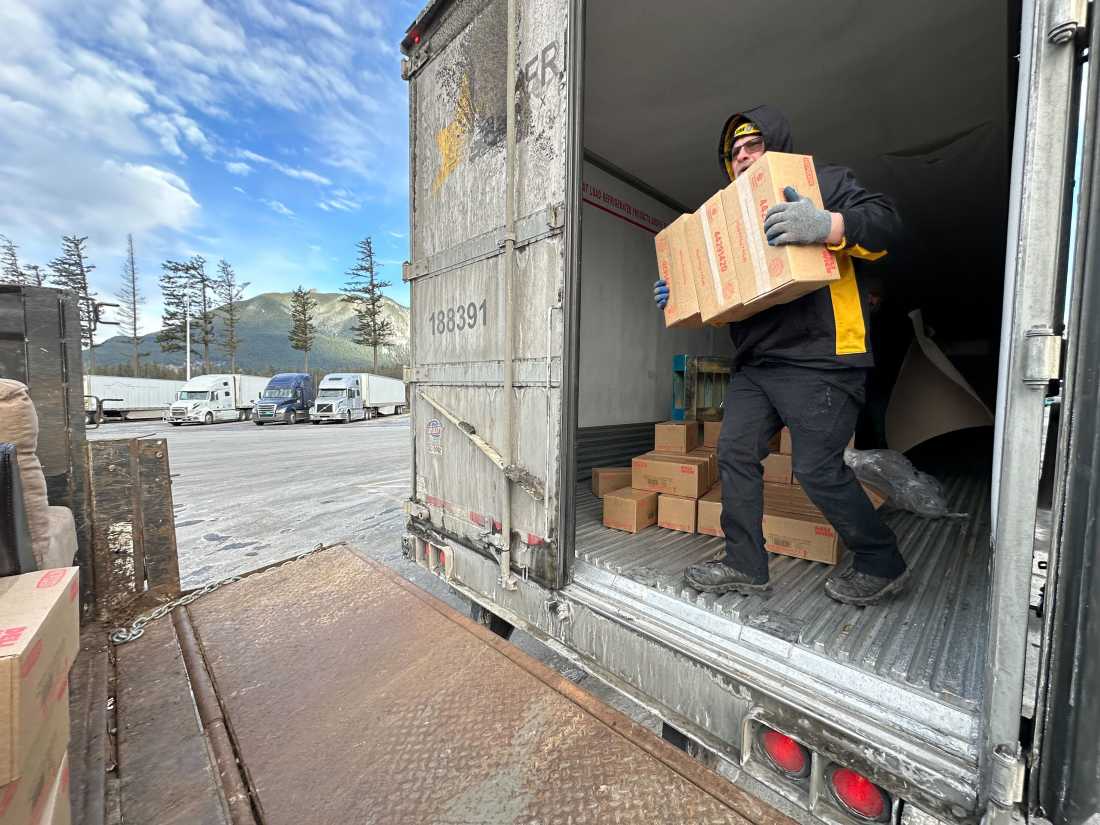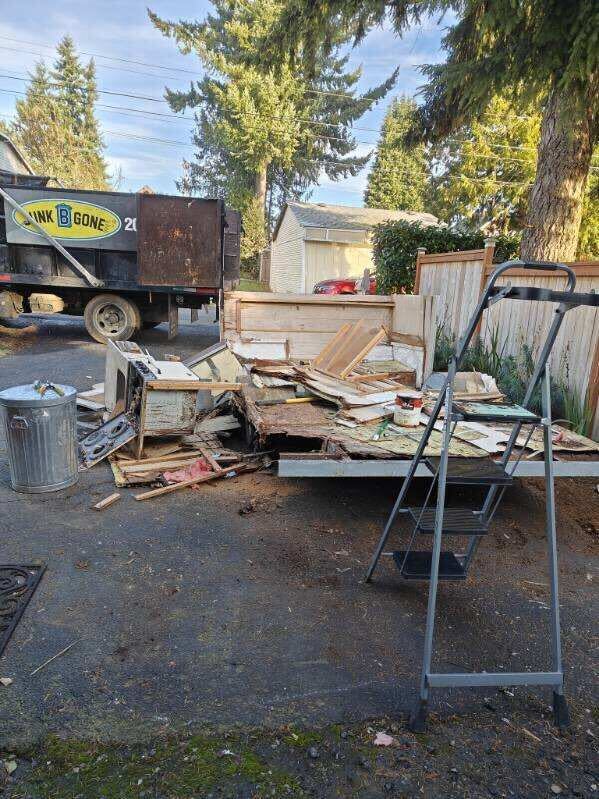When it comes time to upgrade to the latest television model, the question arises: what should you do with your old TV? Disposing of old TV properly is not just about decluttering your space—it’s a critical environmental responsibility. Televisions contain a variety of harmful materials, including lead, mercury, and cadmium, which can pose significant environmental and health risks if not handled correctly. When these TVs end up in landfills, these toxic substances can leach into the soil and groundwater, contaminating ecosystems and potentially affecting public health through the water supply and food chain.
The good news is that recycling old TV offers a sustainable solution. Not only does it prevent harmful chemicals from causing environmental damage, but it also recovers valuable materials that can be reused. Modern TV contain precious metals and other components that can be extracted and repurposed into new products, reducing the need for raw materials and minimizing the environmental footprint associated with manufacturing new electronics. Recycling programs and facilities are equipped to handle these materials safely and efficiently, ensuring that each part of your old TV is broken down and processed with the least environmental impact possible.
By choosing to recycle or properly dispose of your old television, you contribute to a circular economy that emphasizes sustainability over waste. This not only helps preserve natural resources but also supports the reduction of electronic waste—a rapidly growing issue in our increasingly digital world. As consumers, making informed decisions about how we dispose of our electronic goods can lead to significant positive changes for our planet, encouraging more responsible production and disposal practices across the industry.
What Are Your Options for Disposing of Old TV?
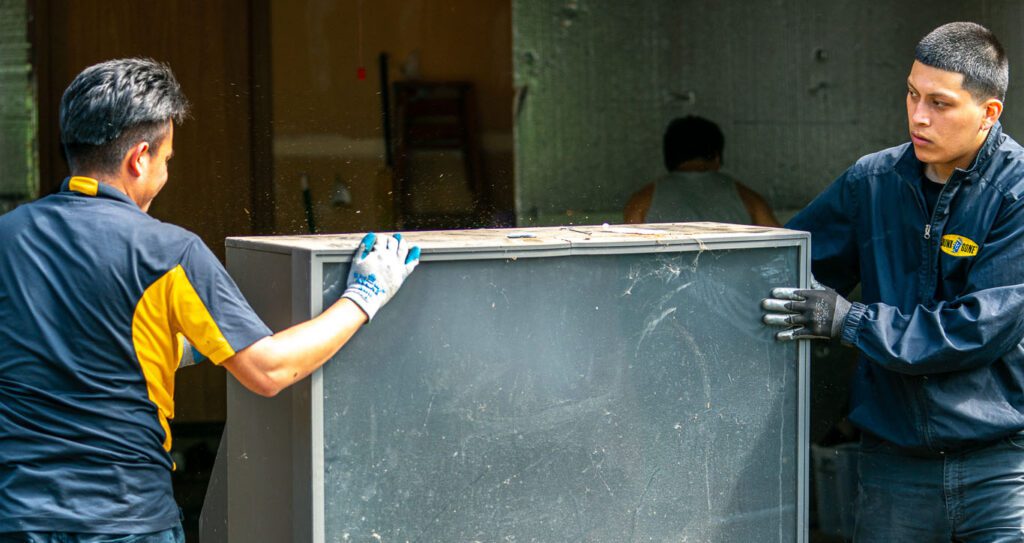
When it’s time to say goodbye to your old television, you have several disposal options that are both environmentally friendly and convenient. Making the right choice can ensure that your old electronics are handled responsibly, reducing their environmental impact. Here’s a breakdown of the options available:
Recycling Programs
Many communities offer e-waste recycling programs that specifically handle electronics like TV. These programs ensure that your old TV is dismantled properly, with all hazardous materials safely removed and recyclable components recovered.
- Local government collections: Check with your municipal waste management department for scheduled e-waste collection days.
- Retailer take-back programs: Some electronic retailers offer recycling services when you buy a new TV, taking your old one at no extra charge.
- Specialized e-waste companies: These companies focus exclusively on recycling electronic waste and can often provide more comprehensive recycling services than general waste handlers.
Donation Options
If your TV is still in good working condition, consider donating it to extend its life and benefit others.
- Charities and nonprofit organizations: Many organizations accept working TV to furnish homes for the less fortunate or for use in their operations.
- Schools and educational centers: Some educational institutions may benefit from donated TV for educational purposes or in-house use.
Municipal Disposal Services
For TV that are not suitable for donation, your local municipal disposal service may offer specific guidelines for electronics disposal.
- Drop-off centers: Many cities have designated drop-off centers for electronic waste, ensuring safe processing and disposal.
- Bulk trash pickup days: Some municipalities have specific days when you can leave larger items, including non-working TV, curbside for pickup.
Junk Removal Services
For a fee, professional junk removal services can handle the heavy lifting and disposal of your old TV, especially convenient if you have multiple items to dispose of or lack the means to transport the TV yourself.
Each of these options offers a viable solution for an old TV disposal, depending on your specific circumstances and the condition of the device. By choosing responsibly, you not only comply with environmental regulations but also contribute to the reduction of e-waste, helping to protect our planet for future generations.
How Can You Prepare and Recycle an Old TV?
Recycling an old TV is not only a responsible choice but also a practical one that contributes to environmental sustainability. To ensure that your old television is recycled correctly, follow these steps to prepare it for recycling and find the appropriate local facilities:
- Assess the condition of your TV: Before deciding to recycle, determine whether your TV is in working order or not. A functioning TV might be more useful if donated. However, if it’s no longer operational or outdated, recycling is the best option.
- Remove all connected devices: Detach any cables, USBs, or accessories connected to the TV. These items might need to be recycled separately or can be reused with other devices.
- Wipe your personal data: If your TV has smart capabilities, perform a factory reset to wipe all personal data. This step is crucial to protect your privacy and is especially important if you’re considering donating the TV.
- Find a recycling facility:
- Use online resources: Websites like Earth911.com provide searchable databases to find local recycling facilities based on your ZIP code.
- Check with local electronic stores: Many electronics retailers offer recycling programs and may accept old TV for recycling.
- Contact local government: Your city or county’s waste management department can provide information on e-waste recycling programs, including specific days when electronic waste is collected.
- Prepare for transport: If you’re taking the TV to a recycling facility yourself, ensure it is securely placed in your vehicle to avoid damage during transport. If the screen breaks, it could release hazardous materials.
By following these steps, you can ensure that your old TV is recycled in the most effective and safest manner possible. Taking the time to properly prepare and dispose of your television not only aids in recycling efforts but also helps reduce the environmental impact of electronic waste.
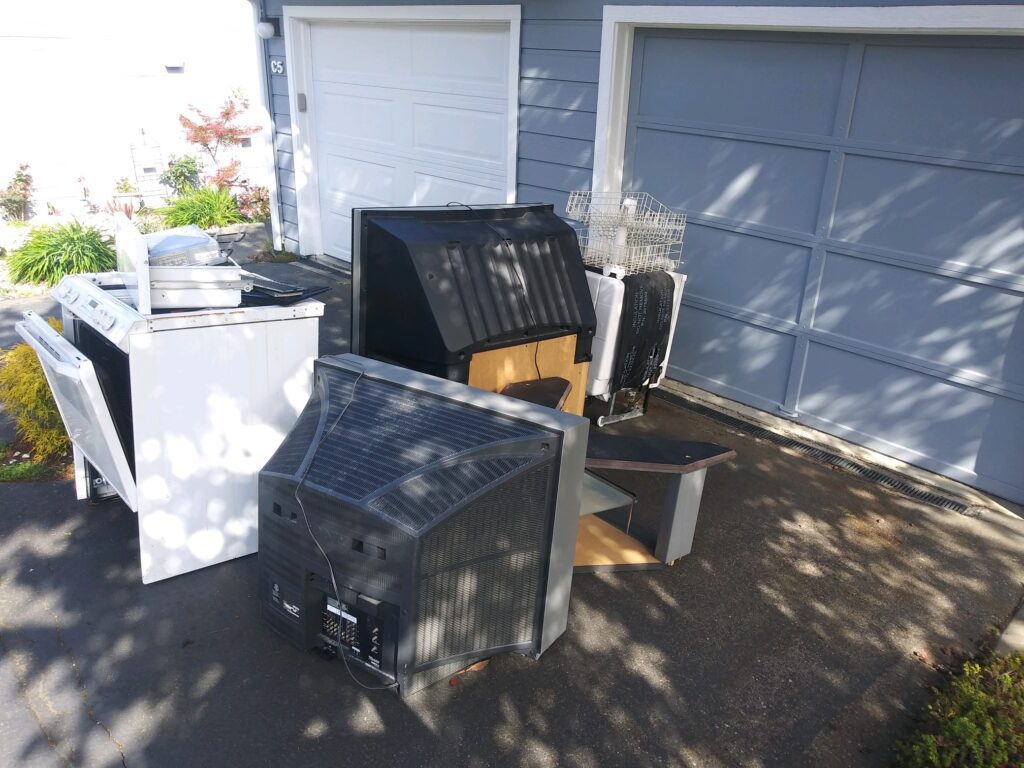
What Are the Handling Fees and Costs Associated with Disposing of an Old TV?
Disposing of an old TV can sometimes involve certain costs, depending on the disposal method chosen and the services available in your area. Understanding these fees and preparing for them can help you manage the disposal process more efficiently. Here’s what you need to know about the potential costs:
- Recycling Fees: Some recycling centers charge a fee to handle old TV, especially if they contain hazardous materials like cathode ray tubes (CRTs) which require special handling. These fees typically cover the cost of safely dismantling the equipment and properly disposing of or recycling the components. Fees can vary widely but might range from $50 per unit.
- Municipal Pickup Fees: If your local waste management provides pickup services for bulky items or e-waste, there may be a fee associated with these special pickups. This fee helps cover the logistics involved in collecting and transporting bulky items, which are more labor-intensive than regular trash pickup.
- Retailer Take-back Programs: While some retailers offer free recycling services when you buy a new TV from them, others might charge a fee if you are only dropping off an old unit for disposal. Always check the retailer’s policy beforehand.
- Professional Junk Removal Services: If you choose to use a professional junk removal service, they will typically charge based on the amount and type of junk being removed. For a single item like a TV, the cost could be lower than a full load but expect fees starting around $100.
Here are a few tips to potentially reduce or avoid these costs:
- Look for Free Recycling Events: Some communities host free e-waste recycling events, particularly around Earth Day or other eco-focused dates.
- Inquire about Manufacturer Take-back Programs: Some TV manufacturers have programs in place to take back old models for free recycling.
- Donate if Possible: If your TV is still in working condition, donating it can be a cost-free way to dispose of it responsibly.
By considering these options and costs, you can choose the most economical and environmentally friendly method for disposing of your old TV.
Frequently Asked Questions About Disposing of Old TV
How Can I Safely Dispose of an Old TV?
Safely disposing of an old TV involves taking it to a certified e-waste recycling facility where it can be properly dismantled and its hazardous components handled correctly. Alternatively, check if local electronic stores or municipal waste services offer recycling programs.
Where Can I Recycle My Old Television?
You can recycle your old television at local e-waste recycling centers, some electronic retailers that accept old electronics, or through municipal electronic waste collection programs. Websites like Earth911.com can help locate nearby recycling options.
Are There Any Charges for TV Disposal?
Yes, some recycling centers or services may charge a fee to cover the cost of safely recycling a TV, especially older models with components like CRTs that require special handling. Fees can vary by location and facility.
What Should I Do with a TV That No Longer Works?
A non-working TV should be taken to an e-waste recycling center where it can be recycled. Avoid throwing it in the trash, as it contains hazardous materials that could harm the environment.
How Do I Find TV Recycling Programs Near Me?
You can find TV recycling programs near you by searching online recycling databases, contacting local waste management authorities, or checking with electronic retailers who often offer recycling services.
Can Old TV Be Donated, and If So, Where?
Yes, working old TV can often be donated to charities, thrift stores, or schools. Make sure the TV is in good working condition and check with the organization first to ensure they accept electronic donations.
What Are the Environmental Impacts of Improperly Disposing of Old TV?
Improper disposal of old TV can lead to the release of toxic substances like lead, mercury, and cadmium into the environment, contaminating soil and water and posing health risks to humans and wildlife.
What Materials in Old TV Need Special Disposal Considerations?
Materials like lead in CRT glass, mercury in lamps, and certain flame retardants in plastics require special handling to prevent environmental contamination, making it important to choose certified e-waste recyclers for disposal.
Are There Any Pickup Services for Old TV?
Many junk removal services offer pickup for old TV for a fee. Additionally, some municipalities have bulk waste pickup days where they collect large items like TV from your curbside.
How Are CRT TV Different from Modern TV in Terms of Disposal?
CRT TV contain harmful materials like leaded glass and require more specialized handling compared to modern flat-screen TV, which may contain different hazardous substances such as mercury in their backlighting systems. Both types should be recycled at facilities equipped to handle electronic waste safely.
Wrapping It Up: The Eco-Friendly Way to Say Goodbye to Your Old TV
As we reach the end of our journey through the world of TV disposal, let’s take a moment to recap why it’s so crucial to do this the right way. Remember, every TV disposed of responsibly is a win for our planet.
Disposing of your old TV responsibly might require a bit more effort, but it’s a small step with a big impact. Whether you choose to recycle, donate, or use a professional service, you’re making a choice that benefits both the environment and your community.




